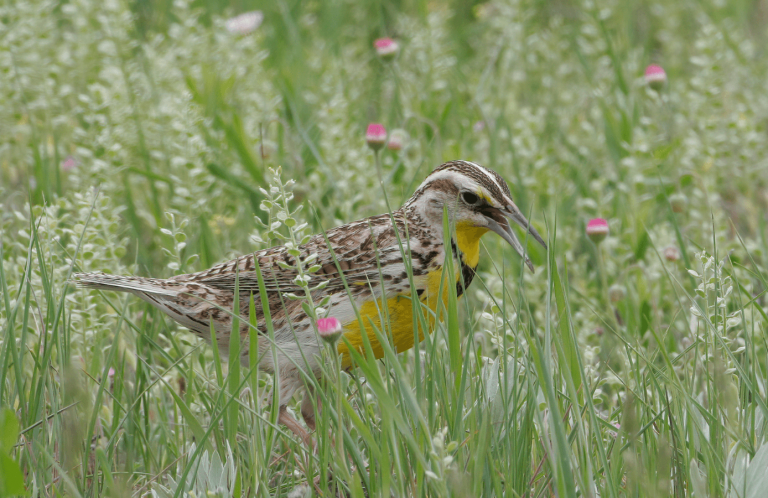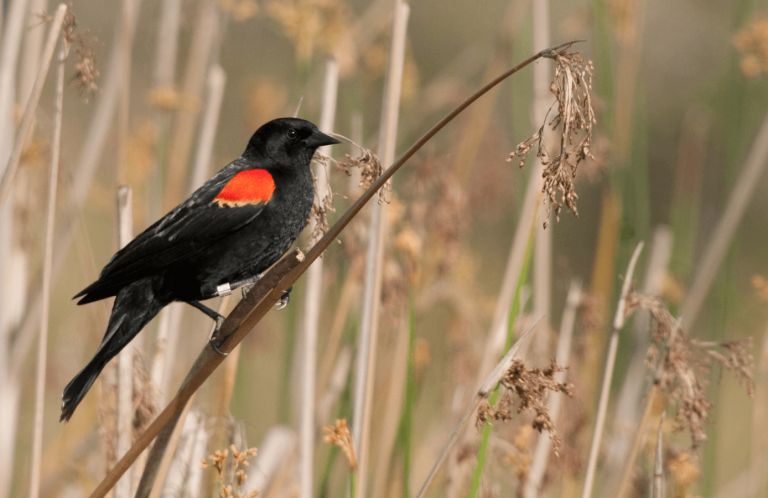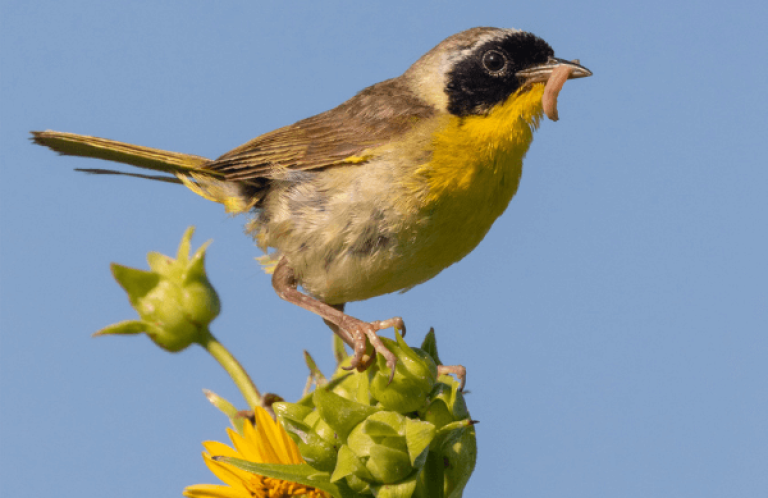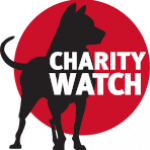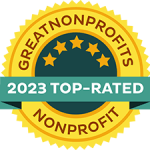Use of Deadly Pesticides Remains Unchecked in U.S., Despite Devastating Impact on Birds, Other Wildlife
The United States is failing to effectively regulate neonicotinoid pesticides (neonics) despite overwhelming scientific evidence that these toxic insecticides harm birds, the insects that sustain them, and the aquatic environments many rely on, according to a report just published by American Bird Conservancy (ABC).
The report, called “Neonicotinoid insecticides: Failing to come to grips with a predictable environmental disaster,” compiles the last decades' worth of neonicotinoids (neonics) research on wildlife and ecosystem impacts. Coauthored by pesticides expert Dr. Pierre Mineau and ABC's Hardy Kern, the report paints a picture of troublingly little progress since ABC's call for stricter regulations in a report released in 2013.
"In the ten years since ABC's first major report on neonics and birds, U.S. regulations have changed very little,” said Hardy Kern, Director of Government Relations, Birds and Pesticides Campaign. “Some states and agencies have taken minimal actions, but we have a long way to go before these chemicals are no longer a threat to birds, native pollinators and aquatic systems."
Neonics, a suite of nicotine-like neurotoxic insecticides first introduced in the 1990s and including chemicals such as imidacloprid and clothianidin*, are more widely used than any other type of insecticide in the United States. They are often applied as a seed coating to staple crops like corn and soybeans, infusing every part of the plant as it grows. Their impacts can spread much further than a single plant, however, as they also contaminate the surrounding soil and seep into nearby water bodies and groundwater.
Grassland species living on or near agricultural land have diminishing natural habitat available and can be drawn to seeds spilled on farmland for nourishment. Yet, ABC's 2013 report found that a single neonic-coated seed is enough to kill a songbird.
The new report expands upon that finding, outlining the many insidious ways that neonics weaken and harm birds even when they are consumed at lower levels. Individual birds that consume seeds coated with the neurotoxin might experience convulsions, loss of motor control, and have difficulty navigating — all symptoms that can prove deadly even if the bird isn't killed by the ingested neonics directly. Repeated low-level exposure over long periods, meanwhile, can lead to smaller brood sizes, lower sperm quality, and weight loss.
Neonics also reduce birds' food supply by killing non-target insects on farmland and even the surrounding area. In the last decade, researchers have discovered that pollinators in fields near crops can be killed when neonics enter the surrounding ecosystem. And there is increasing evidence of neonics entering waterways at harmful levels.
"Though neonics are inherently harmful to birds, perhaps the greatest concern is from the unprecedented loss of aquatic and terrestrial invertebrates they cause,” Kern said. “Even seed-eating birds need insects and other invertebrates to feed their young, so the loss of these vital food resources can be devastating to a wide range of species.”
“There is currently ‘no place to hide' from neonics in our farm fields,” Mineau writes in the report. “Regulators should listen to the scientific community and their consensus that neonics need to be severely restricted and water contamination reduced.” If we continue on this path, we are likely to continue to see precipitous drops in insect and bird populations.
Over the last decade, other countries have taken note of neonics' alarming impacts on wildlife. The European Union has completely banned outdoor neonic use in an effort to protect pollinators, and the Canadian provinces of Ontario and Quebec require a prescription before neonics can be used to coat crop seeds, which has drastically reduced their use.
While the U.S. Environmental Protection Agency (EPA) has spent considerable resources assessing neonics' risks to pollinators, aquatic systems, birds, and Endangered species, fundamental errors in these assessments render them unreliable. An increasing number of studies, detailed in the report, are showing real impacts on the ground, but the EPA still does not regulate neonic-coated seeds like it does other pesticides. Until this oversight is addressed, according to the report, neonic-related declines in bird populations and overall health are bound to continue.
Concerned citizens can take action by speaking up for national bills like the Saving America's Pollinators Act and state legislation in places like California and New York where efforts to regulate neonics are underway.
“We are now at the point where the onus of proof should switch from having to demonstrate the link between neonicotinoid use and bird populations losses, to showing why the continued profligate use of neonics is essential to human welfare in light of such environmental impacts,” Mineau said.
ABC would like to thank the Carroll Petrie Foundation, Raines Family Fund, Turner Foundation, Wallace Genetic Foundation, Jeff and Connie Woodman, Cornell Douglas Foundation, and A.W. Berry Foundation for their ongoing support for ABC's Pesticides Program.
*Neonicotinoid pesticides include: acetamiprid, clothianidin, dinotefuran, imidacloprid, nitenpyram, nithiazine, thiacloprid and thiamethoxam.
###
American Bird Conservancy is a nonprofit organization dedicated to conserving wild birds and their habitats throughout the Americas. With an emphasis on achieving results and working in partnership, we take on the greatest problems facing birds today, innovating and building on rapid advancements in science to halt extinctions, protect habitats, eliminate threats, and build capacity for bird conservation. Find us on abcbirds.org, Facebook, Instagram, and Twitter (@ABCbirds).
Media Contact
Jordan Rutter
Director of Communications
media@abcbirds.org





































